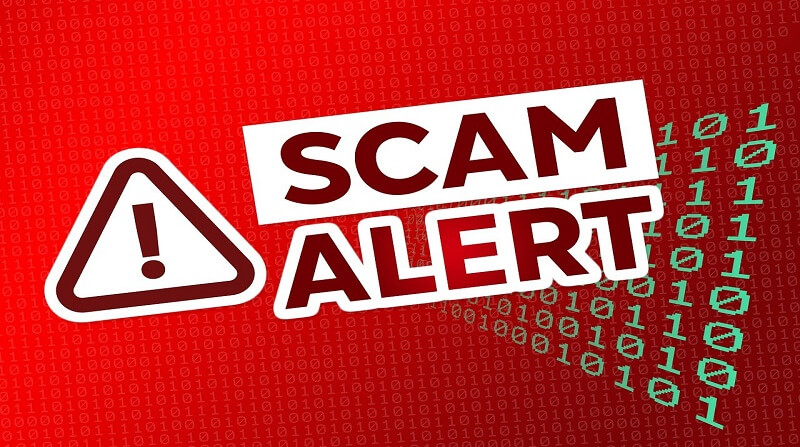What to do if You’ve been Scammed? Certainly! Dealing with the aftermath of a scam can be overwhelming, but taking proactive steps can help mitigate the damage and increase your chances of recovering any losses. Here’s a more detailed guide:

Table of Contents
ToggleWhat to do if You’ve been Scammed?
Stay Calm and Assess the Situation:
Upon realizing you’ve been scammed, it’s natural to feel panicked or upset. However, try to remain composed and focus on understanding the extent of the scam. Take a moment to gather your thoughts before proceeding with any actions.
Document Everything:
Start by documenting all relevant information related to the scam. This includes emails, messages, receipts, transaction records, and any other evidence you have. Organize this information chronologically, as it will be valuable when reporting the scam to authorities or financial institutions.
Contact Your Bank or Credit Card Company:
If money was involved in the scam, contact your bank or credit card company immediately. Inform them of the situation, provide details of the unauthorized transaction(s), and request that they freeze your account or reverse the charges. Most financial institutions have protocols in place for handling fraud and may be able to assist you in recovering your funds.
Report the Scam:
Report the scam to the appropriate authorities, such as the police, the Federal Trade Commission (FTC), or a consumer protection agency in your country. Provide them with a detailed account of the scam, including all relevant documentation. Reporting the scam not only increases the chances of catching the perpetrator but also helps prevent others from falling victim to similar schemes.
Alert the Platform or Website:
If the scam occurred on a specific platform or website, report it to the platform’s administrators or customer support team. They may have mechanisms in place to identify and prevent fraudulent activity. Additionally, by alerting the platform, you contribute to their efforts to maintain a safe and secure environment for users.
Protect Yourself from Further Scams:
Scammers may attempt to exploit the situation by contacting you again or targeting you with additional scams. Be cautious of any unexpected communication, especially from unfamiliar sources. Consider changing your passwords, blocking contacts, or adjusting privacy settings to safeguard your personal information.
Seek Support and Guidance:
Dealing with a scam can be emotionally draining and mentally taxing. Contact friends , family or support groups for support and advice. They can offer valuable advice, emotional support, and help you navigate the process of recovering from the scam.
Educate Yourself:
Use the experience as an opportunity to learn how to recognize and avoid scams in the future. Familiarize yourself with common scam tactics, stay informed about current scams circulating in your area or online, and adopt best practices for protecting yourself against fraud.
By following these steps and taking proactive measures, you can effectively address the aftermath of a scam and minimize its impact on your finances and well-being. Remember that seeking help and support is crucial during this time, and you are not alone in dealing with the aftermath of a scam.
Also, Check:
